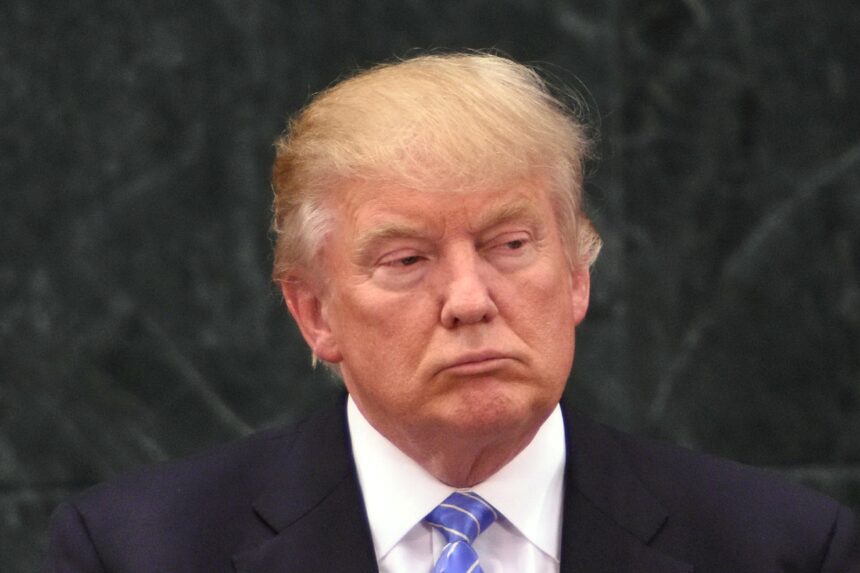President Donald Trump’s recent imposition of sweeping tariffs has generated a wave of criticism within his own Republican party.
This reflects a growing divide among Republicans over the administration’s trade policy.
Party concerns

Leading figures in the Republican Party have expressed concern about the potential economic repercussions of Trump’s tariffs.
Senator Ted Cruz warned that U.S. consumers could face significant increases in auto prices, even on domestically manufactured vehicles, due to Trump’s proposed tariffs.
According to Cruz, a representative of one of the “Big Three” automakers estimated that prices could increase by an average of $4,500 starting in June, when the new tariffs are expected to take effect.
Senate Majority Leader Mitch McConnell also criticized the tariffs, calling them “bad policy” that could especially hurt U.S. workers.
These concerns reflect a widespread fear that protectionist trade policies could trigger retaliation from trading partners and negatively affect the domestic economy.
Internal division

The implementation of Trump’s tariffs has exacerbated tensions within the Republican Party.
While some members support the measures as a strategy to strengthen the U.S. position in trade negotiations, others warn of possible adverse economic consequences.
Senator Rand Paul has tried to rally his Republican colleagues against the tariffs, arguing that they are harmful to the country and that the party should speak out publicly.
Existe una ola de críticas dentro del Partido Republicano
QuéOnnda.com
In the legislative arena, proposals have been put forward to limit the president’s authority to impose tariffs.
Senator Chuck Grassley, for example, has introduced a bipartisan bill to reestablish congressional oversight over trade policy.
However, these initiatives face an uncertain future due to political tensions and the reluctance of some legislators to directly challenge the president.
Impact on the economy

The reaction of the financial markets has been notably negative.
Following Trump’s tariff announcement, Wall Street experienced its worst day since 2020, with a loss of $3.1 billion in market value.
This volatility reflects investor concern about the potential for a prolonged trade war and its effects on the global economy.
Economic analysts warn that these tariffs could lead to higher prices for consumers and potentially trigger a recession.
The Tax Foundation projects that tariffs will reduce U.S. GDP by as much as 0.8%.
In addition, international allies, such as the European Union and China, have threatened to retaliate, which could intensify trade tensions and further affect the U.S. economy.
For more information, visit QueOnnda.com.






















